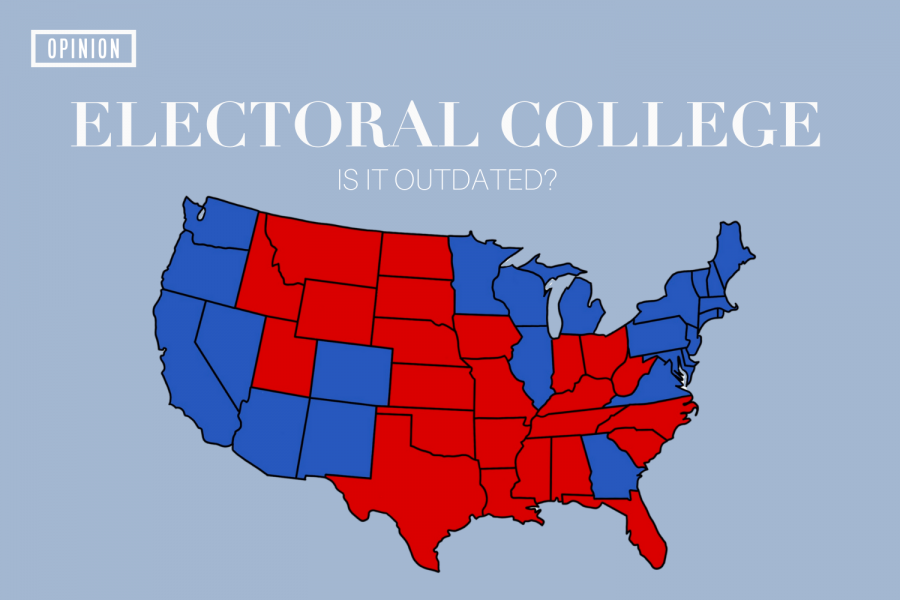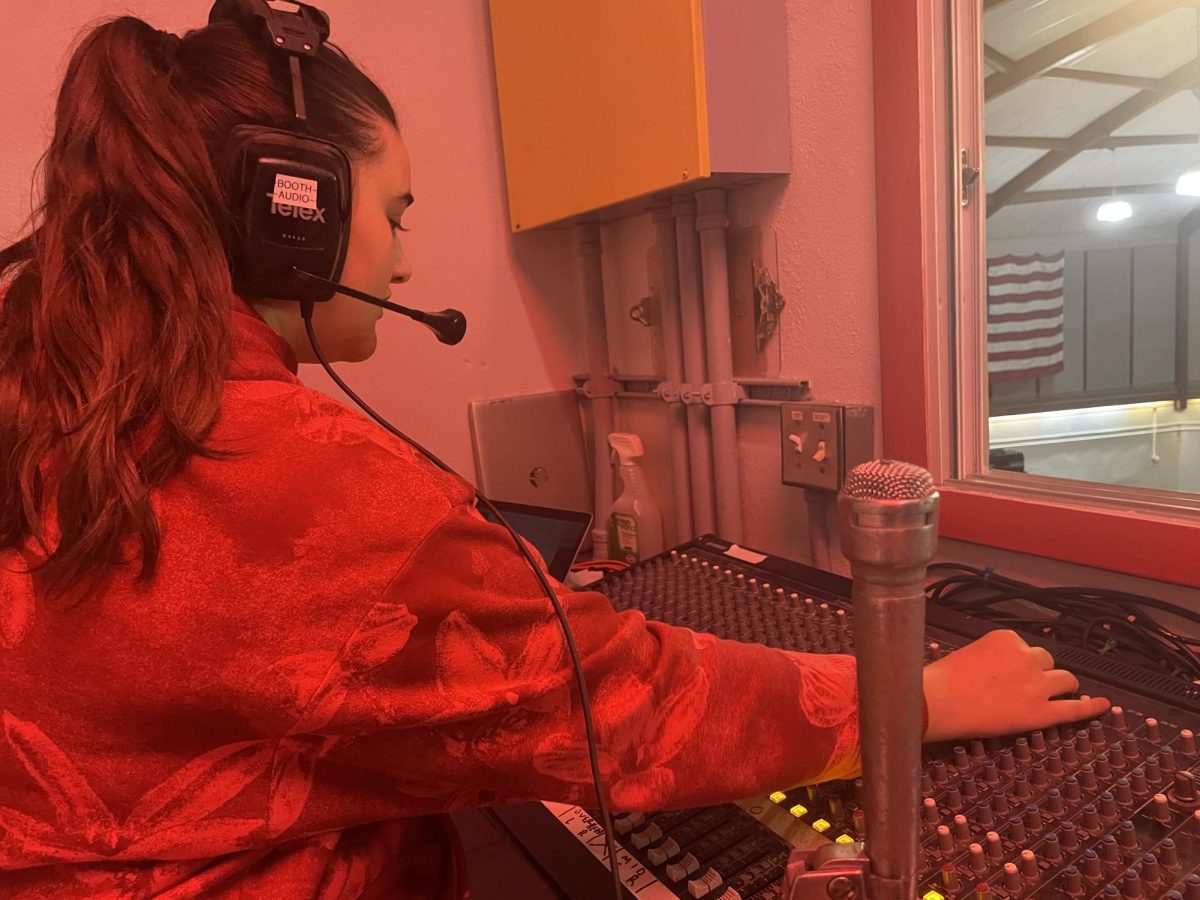Is it Time to Rethink the Electoral College System?
As we endured the long process that came with the presidential election of 2020, there seems to be a reoccurring pattern with the flaws in this centuries-old system.
Dec 1, 2020
The Electoral College was created by the Founding Fathers in 1804 for the purpose of ensuring American citizens would not become accustomed to a “mob mentality” way of life in a democratic nation. Although it might have worked 200 years ago and proved to be an efficient method of electing the president, the flaws of this system greatly outnumber any of the deemed positives. Today, it no longer serves its desired purpose and does more harm than good when it comes to advocating for the voice of the people.
The current system allows each state to have their own separate election and is given a set number of votes based on their population. For example, a state such as California which has a population of around 39.5 million people has 55 votes, while a state such as Wyoming which has a population of around 579,000 people only has 3 votes. Whichever presidential candidate wins the state is awarded the number of electoral votes that are designated to that state. Giving larger states more votes will just result in people from smaller states not wanting to vote. People from states with a smaller number of electoral votes will feel as though they should not vote because their vote has little effect on the outcome of the election. This is absolutely unfair as people from smaller states deserve to have their votes count.
Now it may seem as though this system works well, right? The problem arises when the popular vote gets taken into account. A presidential candidate could win the popular vote but not the electoral college and lose the election. This may not seem like a likely occurrence but it has happened five times in the history of the United States, the most recent occurrence being in 2016. In this election, President Donald Trump gained 306 votes in the electoral college while Hilary Clinton won 232, but Clinton won 65,853,625 popular votes while Trump won just 62,985,106 votes. Having won the popular vote by almost 3,000,000 votes, her having lost the election is unethical and is a perfect example of the issues with the electoral college. If the majority of Americans decided that Clinton would be their president, why does the electoral college take precedence over peoples’ voices?
Not only is the system flawed, it comes from a disturbing background of racism. When the electoral college was first made, the three-fifths clause was in place. This means that an enslaved person counted as three-fifths of a person towards a state’s population. Therefore, slave owning states were put at an advantage since they had more electoral votes. Not only were enslaved people counted as three-fifths of a person, but they had no say or representation in government. This is a perfect example of how our country tries to hide its horrible history. However, debates on whether or not this system should remain has recently entered the political sector by storm. The majority of Republicans believe that the electoral college is a well thought-out voting method while many Democrats believe it should be abolished.
“The Electoral College is not about fairness. It is about empowering some voters over others. Every vote should be equal in the United States. The right thing to do for democracy and fairness is establish a Popular Vote. Under the Electoral College system, the election often boils down to a few states — often even counties! It is clear that this system is both unsustainable and unjust,” senior Samantha Gazda said.
Overall, the electoral college is an outdated voting method. As a whole, it takes away the individual voices of the people. The fact of the matter is, decisions on who should lead the country should be up to the people not the electorates. Everyone’s vote should count and have an impact on the election but, with the electoral college this is simply not possible.













